US TikTok Users Turn to Chinese App RedNote in Protest
US TikTok users are migrating to Chinese app RedNote, expressing dissatisfaction with efforts to ban TikTok and criticizing the US government’s approach to data privacy.
News & Insights Across Asia
US TikTok users are migrating to Chinese app RedNote, expressing dissatisfaction with efforts to ban TikTok and criticizing the US government’s approach to data privacy.
Facing the potential TikTok ban, US users are turning to Chinese app RedNote as an act of protest against government policies, highlighting concerns over data privacy and regulatory hypocrisy.
American TikTok users are turning to Chinese app RedNote in protest against U.S. government efforts to ban TikTok, highlighting concerns over data privacy and perceived hypocrisy in social media regulation.

Dissatisfied with U.S. government efforts to block TikTok, American users migrate to China’s RedNote app in protest.
American political commentator Fareed Zakaria criticizes the U.S.’s confrontational policies toward China, suggesting a more cooperative approach could yield better outcomes.
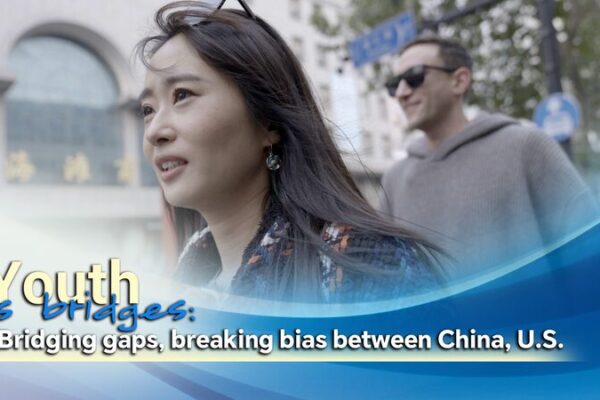
American social media influencer and pawnshop owner Evan Kail bridges gaps between the U.S. and China through his discovery and donation of a WWII-era photo album documenting Japan’s invasion of China.

ASML faces significant challenges due to US export restrictions impacting its business with the Chinese mainland, leading to decreased profits and highlighting broader implications for European tech firms.
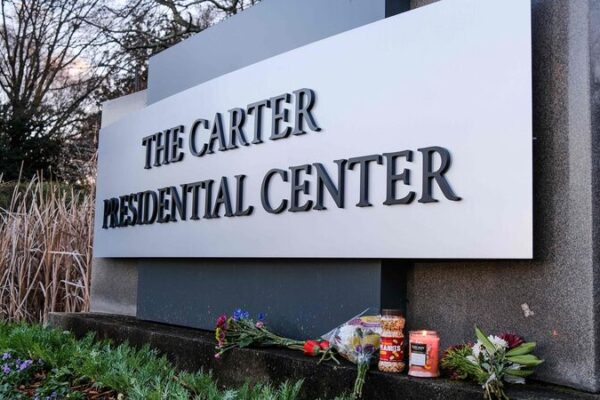
Jimmy Carter, remembered as an honorable leader dedicated to peace, left a lasting legacy through his efforts in diplomacy, U.S.-China relations, and advocacy for global cooperation.
Washington’s intensifying involvement in the Taiwan region through the NDAA 2025 raises concerns about escalating tensions and global instability.

TikTok’s operations in the U.S. face uncertainty as national security concerns persist. Lawmakers debate possible restrictions, while TikTok works to address data privacy issues and maintain its user base.
China criticizes the U.S. ban on Chinese garlic, calling it protectionist. U.S. Senator Rick Scott claims Chinese garlic poses a ‘major threat’ to food safety. Tensions rise over trade restrictions.
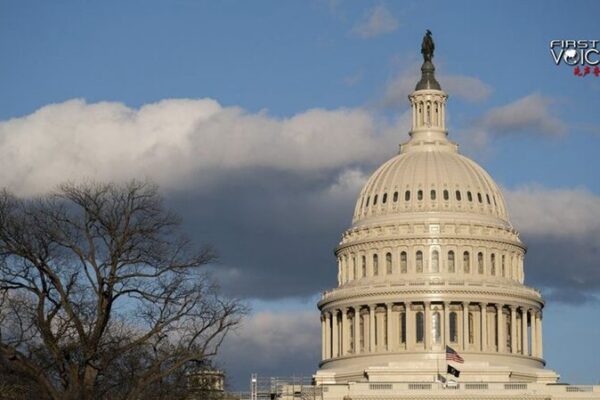
The U.S.’s recent actions regarding Taiwan have escalated tensions with China, highlighting perceived double standards in its foreign policy and raising concerns over potential conflicts in the region.

Chinese industrial associations strongly oppose U.S. semiconductor export controls, urging domestic firms to exercise caution when purchasing U.S. chips due to supply chain disruptions and reliability concerns.

China has condemned the United States’ latest semiconductor export controls, criticizing the disruption of market rules and calling for diversified chip supply chains to safeguard industry stability.
Lai Ching-te’s recent transit through the U.S. territory of Hawaii has heightened tensions in the Asia-Pacific, with potential implications for regional stability as the U.S. anticipates a change in administration.

Steve Hoffman, CEO of Founders Space, warns that incoming U.S. President Donald Trump’s plan to levy tariffs on imported goods would be “a big mistake,” harming both the U.S. and global economies.

American lawyer Keith Kelly emphasizes that an open mindset is essential for fostering cultural cooperation between the U.S. and China, highlighting the importance of understanding and embracing cultural differences.
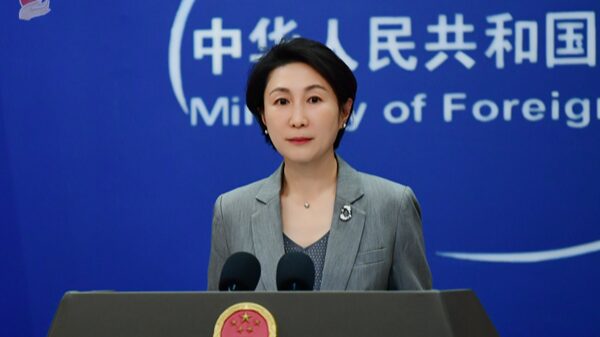
Three Chinese citizens wrongfully imprisoned in the United States have returned to the Chinese mainland after persistent efforts by the Chinese government, confirmed Mao Ning.
U.S. President-elect Donald Trump has proposed new tariffs on China, Mexico, and Canada, a move that experts say could harm the U.S. economy and deflect blame for domestic issues.
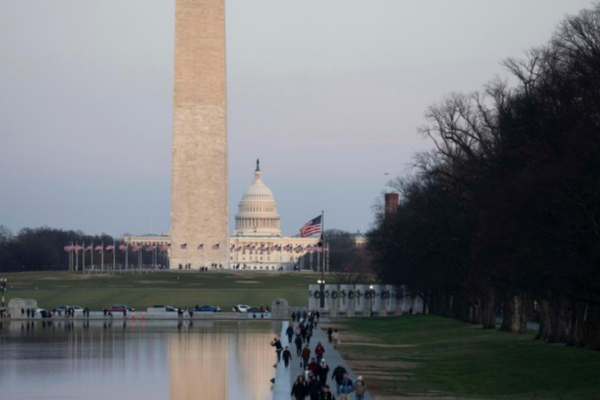
The United States has blacklisted 29 Chinese companies over alleged forced labor, raising questions about double standards and the complexities of international trade and human rights advocacy.